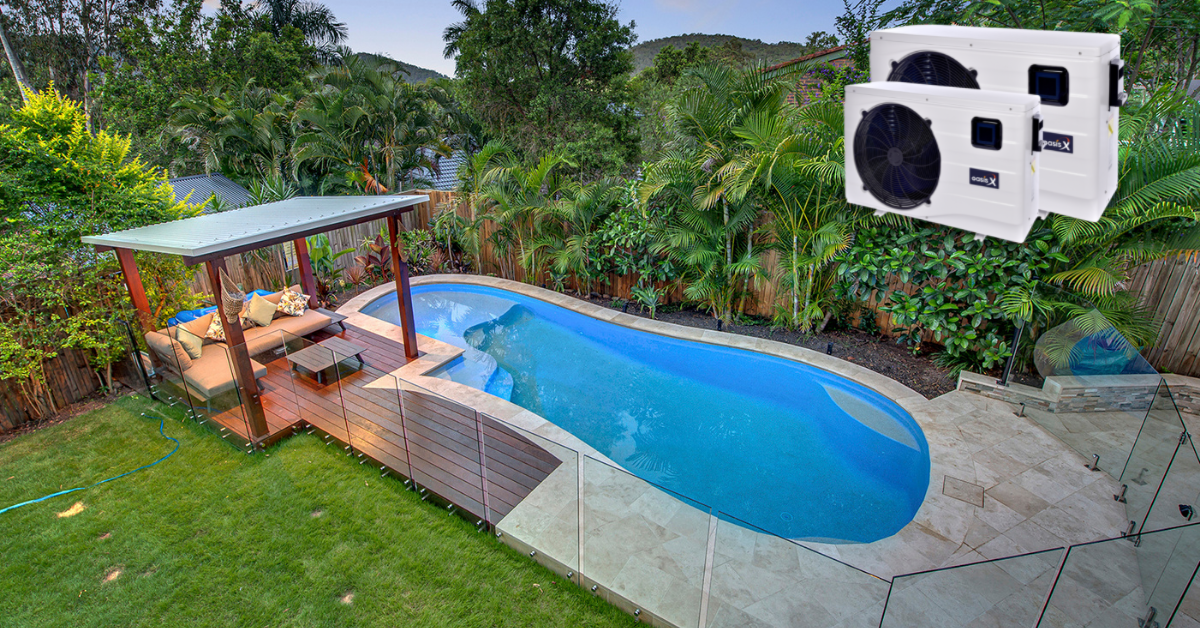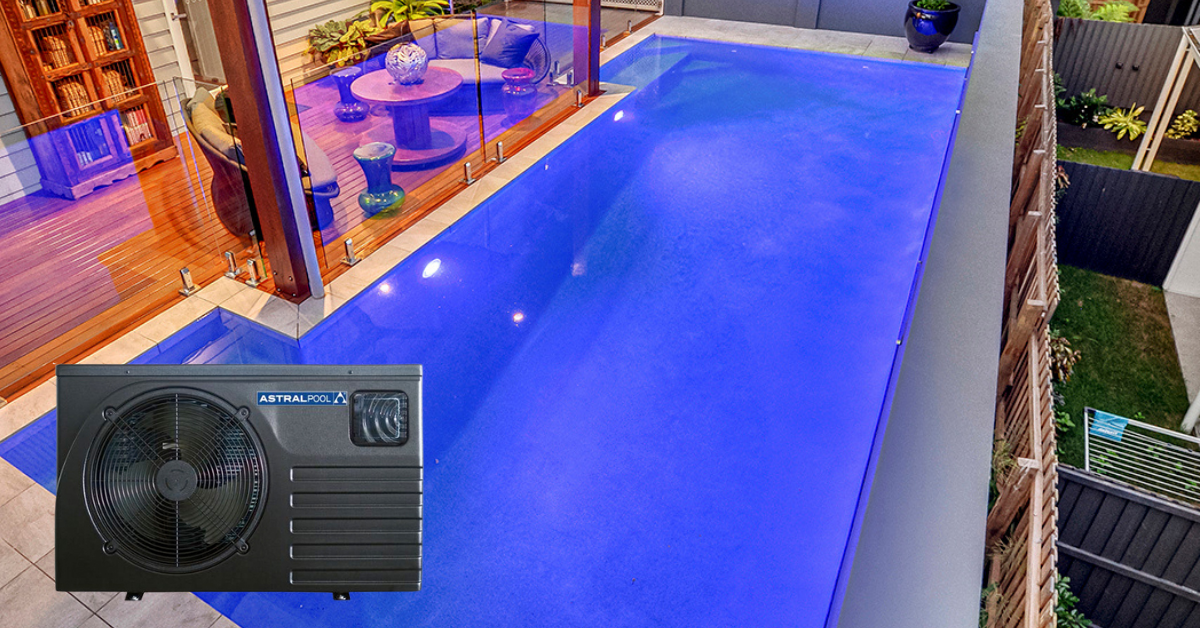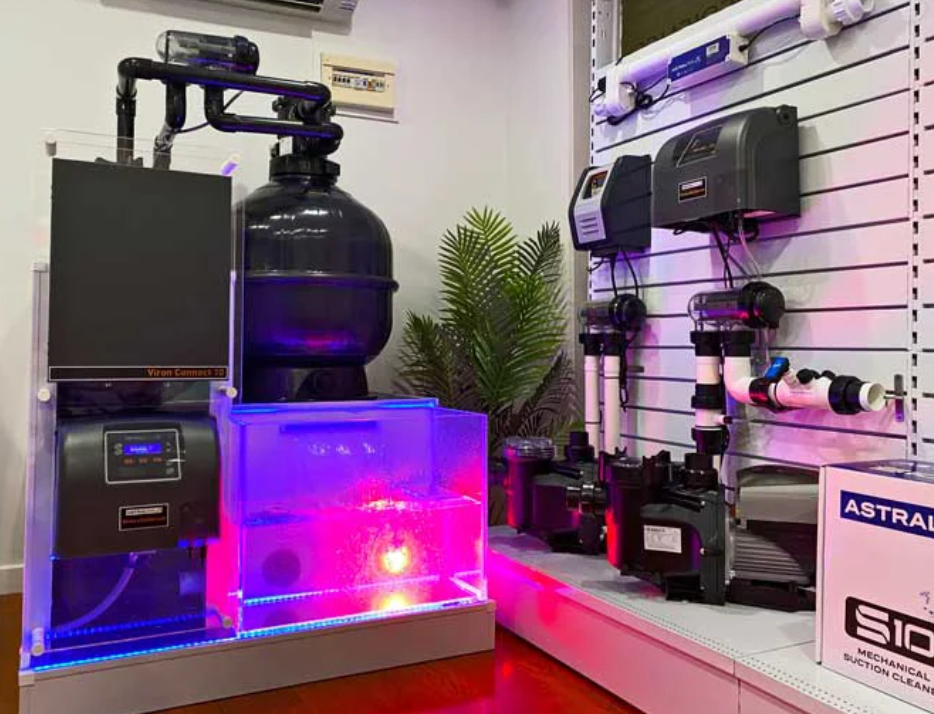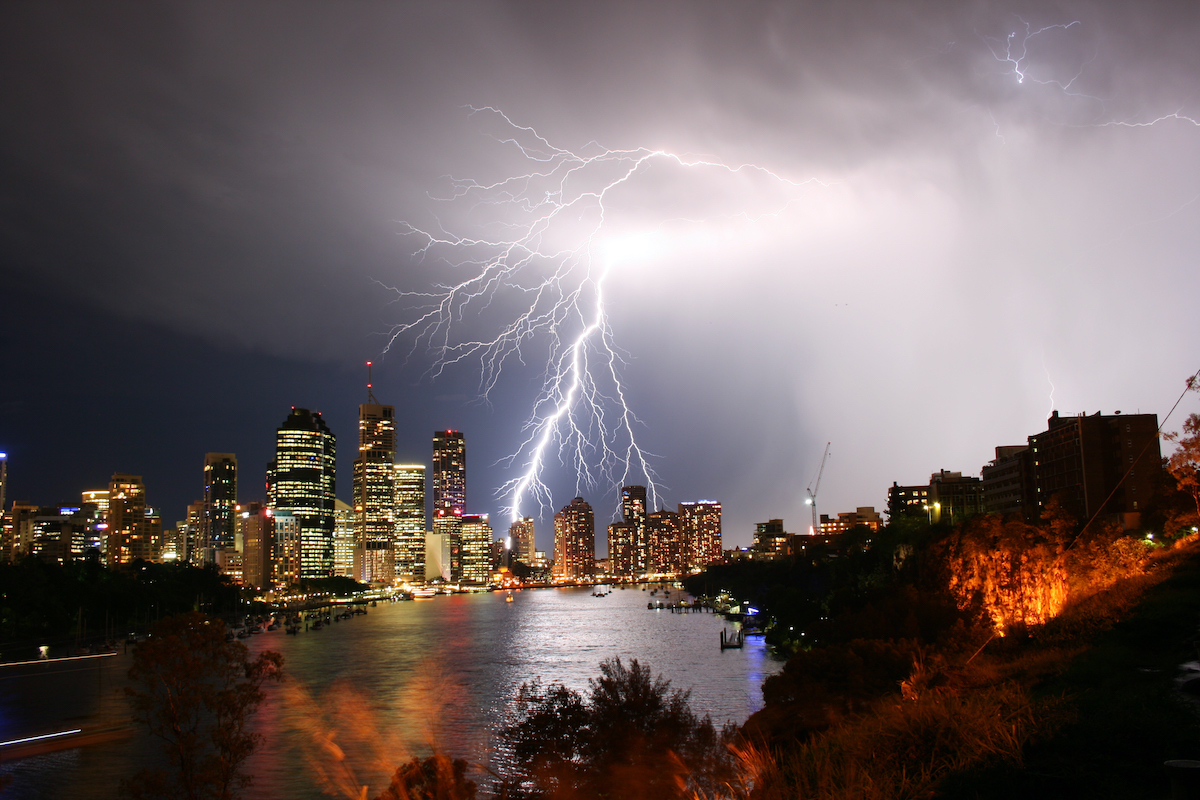How To Size Your Pool Heat Pump
We all love our pools. For many of us, dipping into the pool brings instant relaxation and relief from a busy day. It’s also the place where we can play with the kids, fit some exercise into the day or just sit with a cold drink in hand. It’s no wonder we all want to use our pools year-round!
Pool heat pumps are a popular pool heating system to use. This type of pool heater transfers heat from the air to your pool water. The warmer the air is surrounding the heat pump, the more heat that gets transferred to the water.
What Size Pool Heater Does Your Pool Need?
If you’ve decided to invest in a swimming pool heater for your pool, you need to first conduct a thermal audit to effectively determine the required heating power for your pool size and shape.
But what exactly is a thermal audit? A thermal audit will deduce the:
- Required power to heat your pool
- Right equipment to heat your pool
- Operating costs to run your pool heater
- Temperature increase times
As well as shape and size, a variety of other factors specific to your situation will influence the energy required to heat your pool.

Weather & Environment
The weather conditions your pool is exposed to will significantly affect the type of pool heater you need. Wind and outdoor temperature play a big role in the temperature of your pool. Colder weather and strong winds can drastically lower the temperature of your pool. Therefore, more energy is required of the pool heat pump to heat your pool. Across Australia, we have a wide variety of climatic conditions, so the type of pool heater you need will be somewhat determined by your location and how cold it gets in your area.
How To Choose Your Pool Heater Size
There is such a wide variety of pool heaters available on the market. All pool heaters are engineered with various output levels to work seamlessly with the pool size and climatic conditions. Once you have factored in the necessary heating requirements for your pool, you can now reliably calculate the necessary energy output.
Generally, it takes around 1.16kWh to heat up 1 litre of water by 1°C. So, if your pool was 10,000 litres, it would require 11.6kWh to heat up the pool by 1°C in an hour.

Use A Pool Cover
There are some simple steps you can take to help your pool retain as much heat as possible. Without a pool cover, your pool can lose up to 2°C per night.
Regardless of whether you do have a pool cover or not, it is critical that you invest your money wisely and choose a heat pump with enough power to properly heat up your pool. As a general rule, pool owners should select a heat pump that will raise the temperature of the pool by 1°C within 4 hours. This helps with maintaining overnight temperatures.
Get A High-Quality Pool Heat Pump At Pool Builders Pool Shop
At Pool Builders Pool Shop, we stock a range of reliable, energy-efficient pool heat pumps, including the Oasis X13 Pool Heater and the Astral Pool Eco 8kw Heater. Learn more about these pool heat pumps here, or alternatively, chat directly with our team to determine the best heat pump for your pool.
Related Articles
Your Pool Anatomy: Understanding the Working Parts of Your Pool
Maintaining your pool through the summer storms
Summer in Brisbane, Australia, is known for its glorious sunshine, high temperatures, and outdoor fun by the pool. However, it’s also notorious for sudden summer storms that can wreak havoc on your pool. At Pool Builders Pool Shop, we understand the unique challenges Brisbane pool owners face during the storm season.



